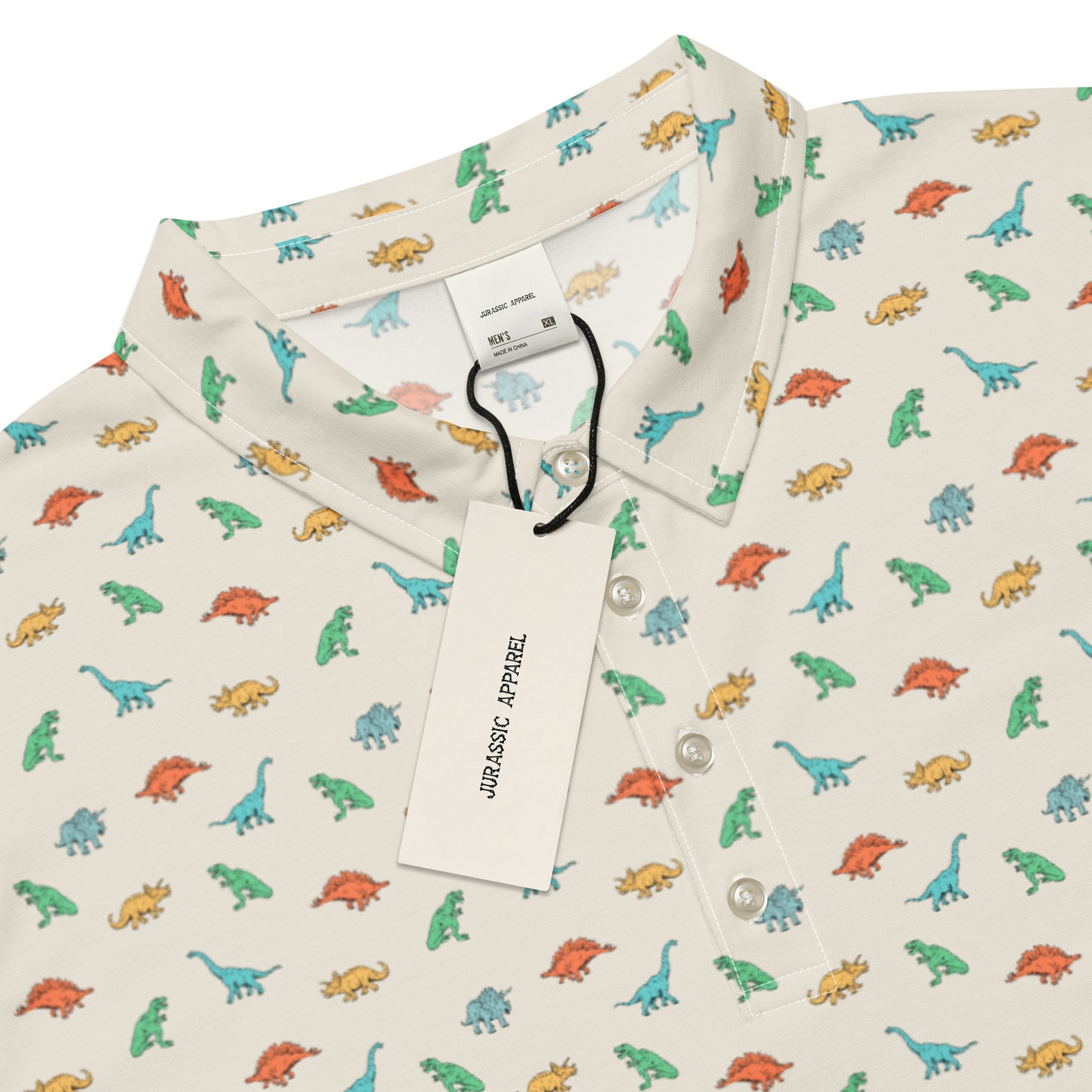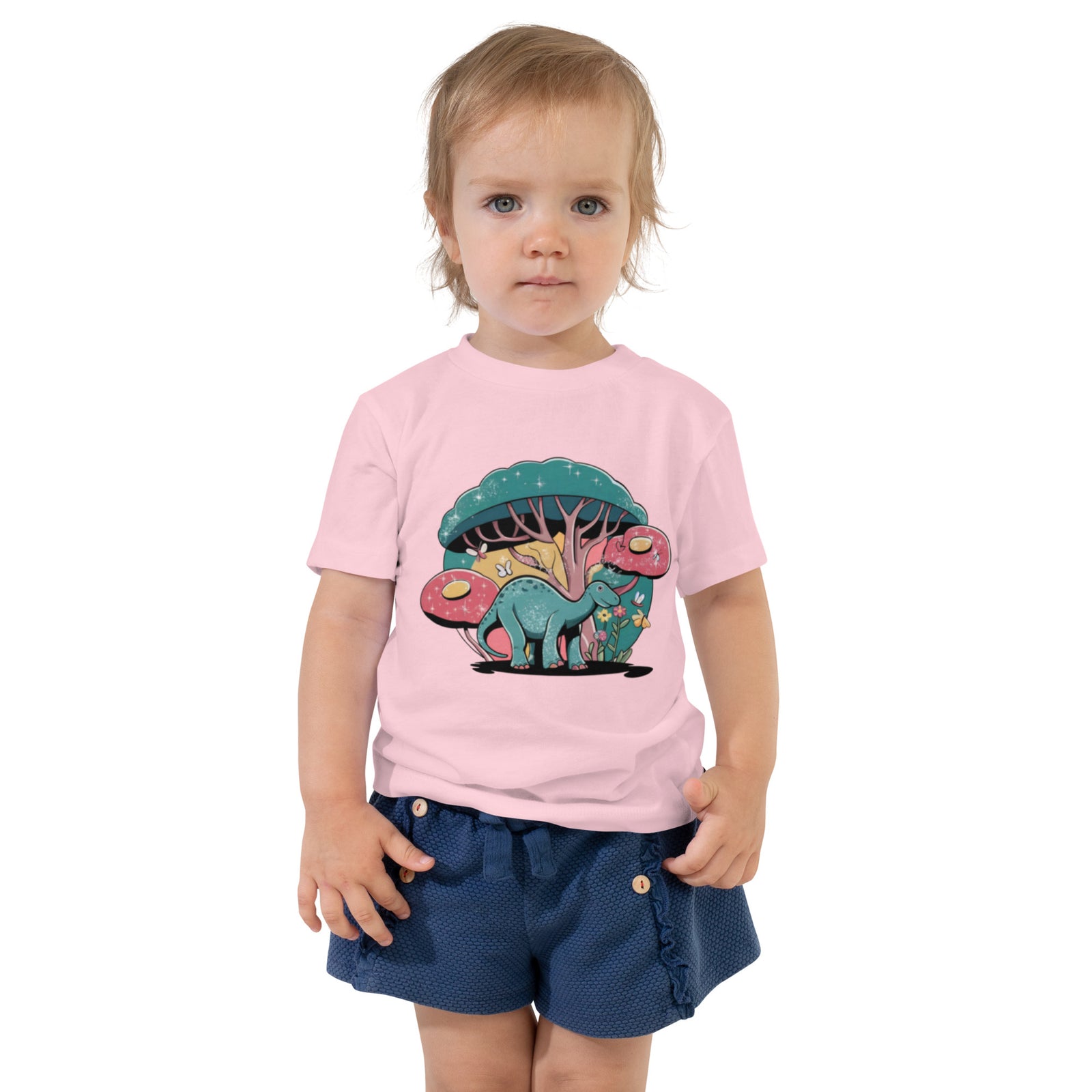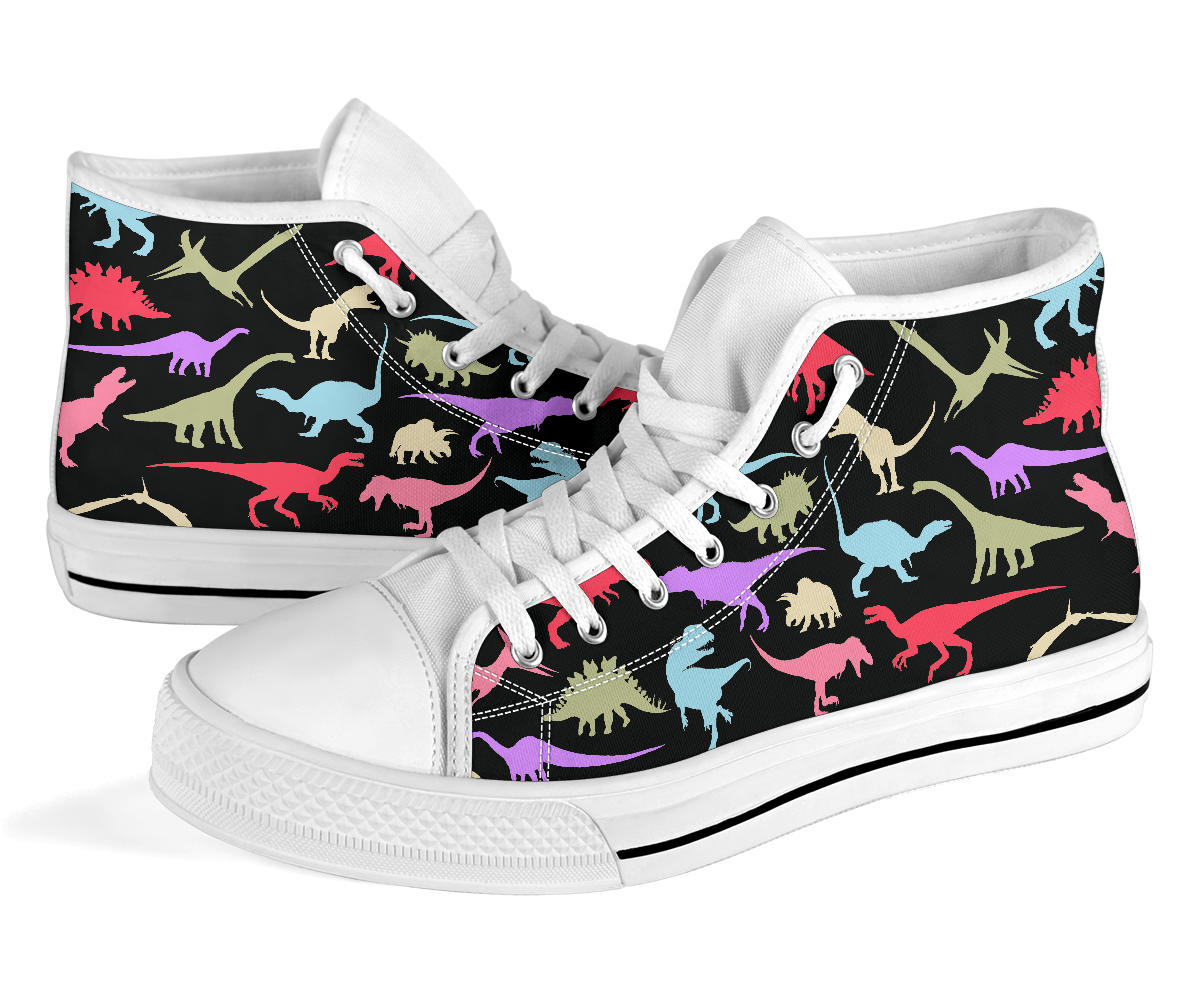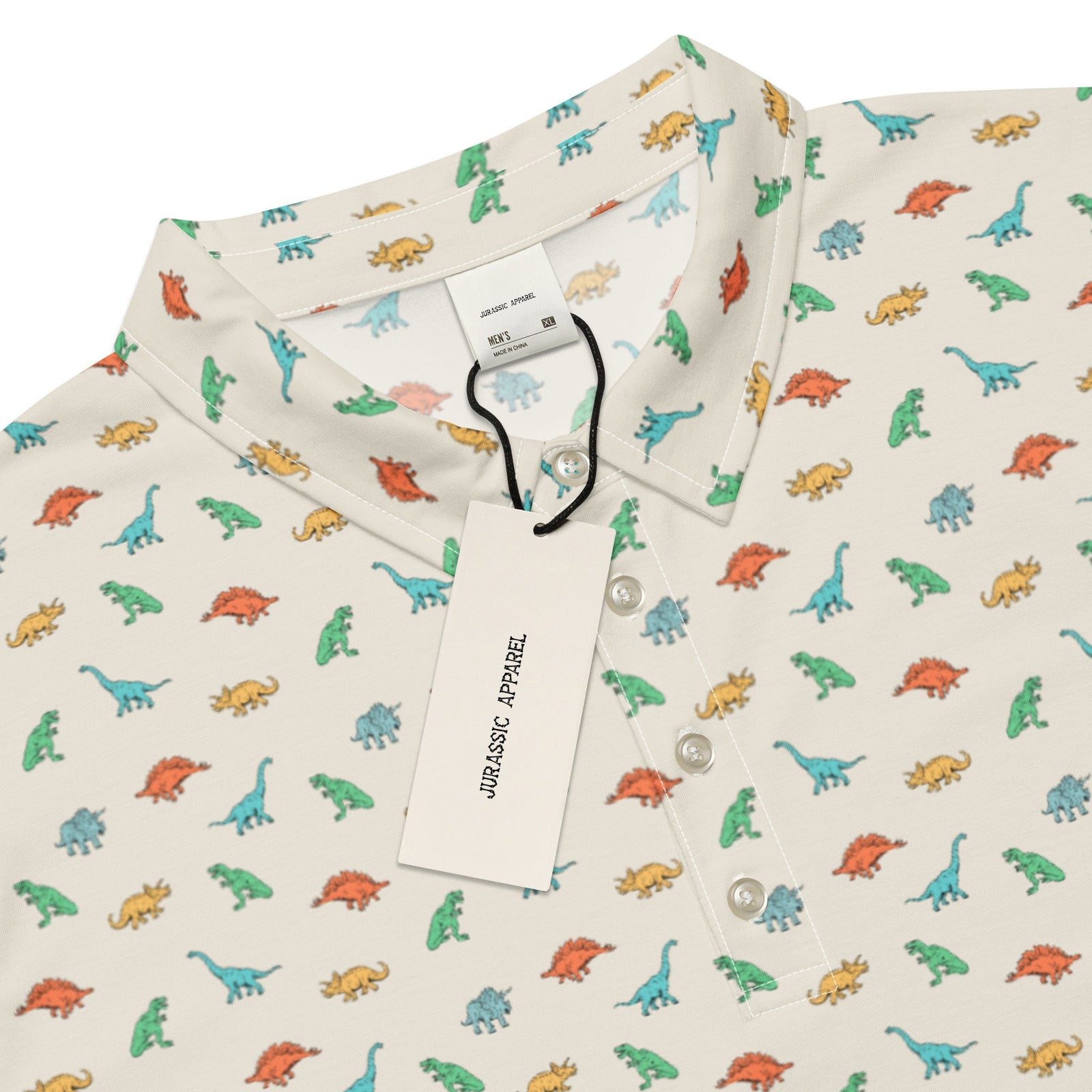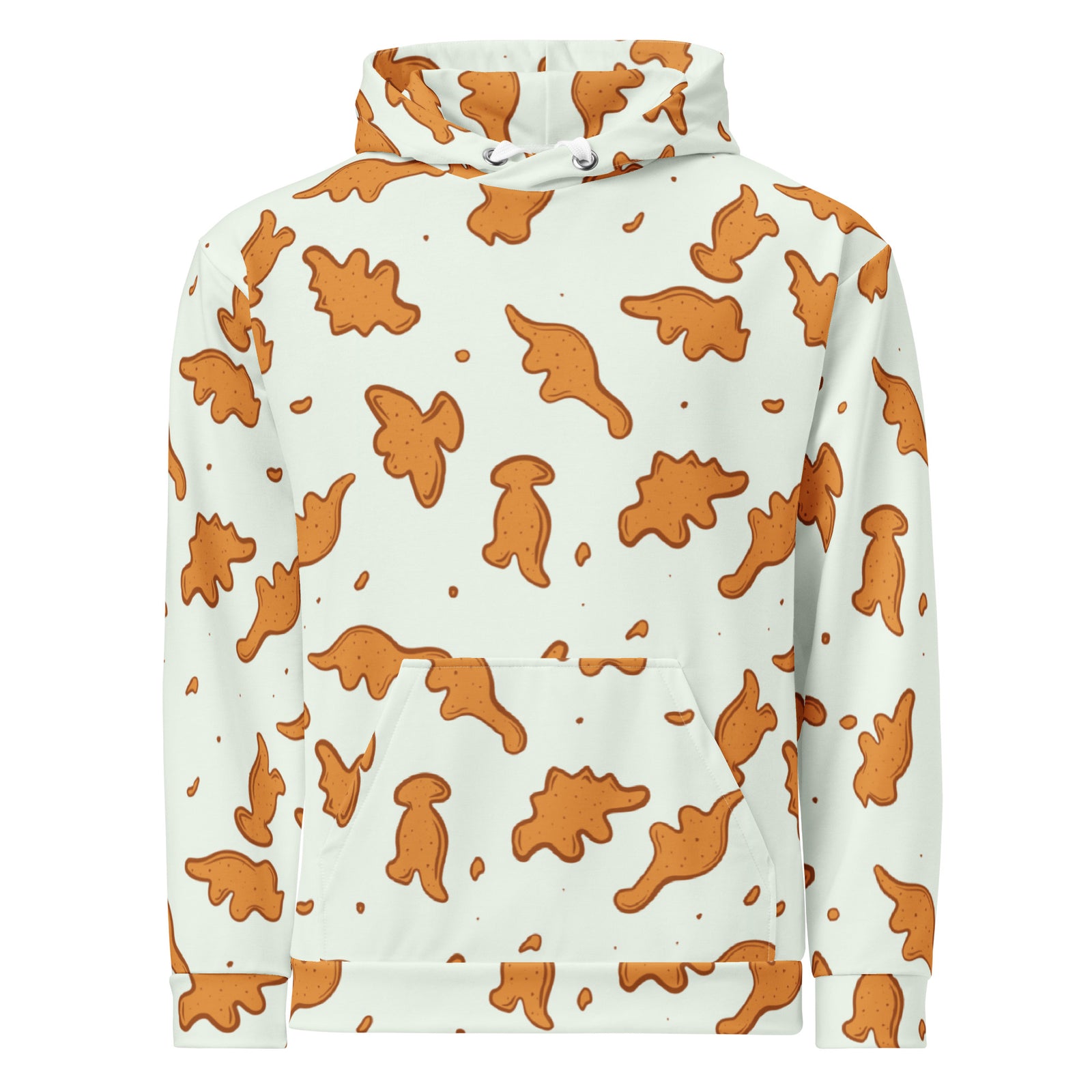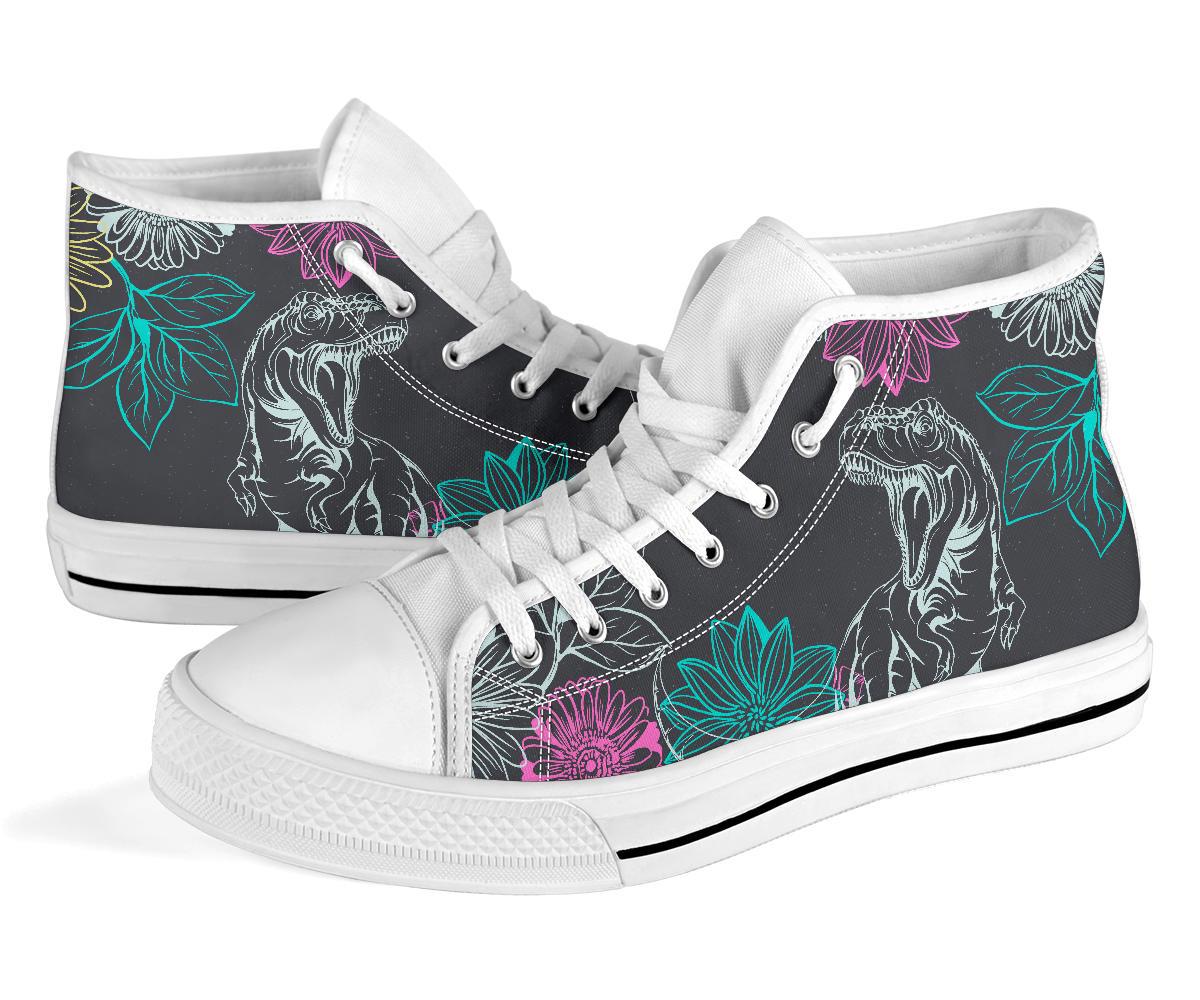Free Shipping On Orders over $75
Free Shipping On Orders over $75
Women's
Men's
Kids
Baby/Toddler
Accessories
Prosaurolophus
August 11, 2024 2 min read

(AI Interpretation)
Exploring the Fascinating Life of Prosaurolophus
Dinosaur Facts:
- Dinosaur Type: Hadrosaurid (Duck-billed Dinosaur)
- Period: Late Cretaceous (about 76 to 70 million years ago)
- Diet: Herbivore
- Length: Approximately 30 feet (9 meters)
- Height: Around 10 feet (3 meters)
- Weight: Up to 3 tons (about 2,700 kilograms)
- Notable Features: A distinctive, long crest on the top of its head
Prosaurolophus for Kids
Meet Prosaurolophus!
Prosaurolophus was a remarkable dinosaur that roamed the Earth during the Late Cretaceous period. It was recognizable by its unique head crest, which scientists believe could have been used for communication or display purposes among its kind!
What did Prosaurolophus look like?
This dinosaur had a robust body, strong legs, and a long neck. The most notable feature of Prosaurolophus was its long, backward-curving crest, which may have been used for attracting mates or signaling to others.
What did Prosaurolophus eat?
As a herbivore, Prosaurolophus grazed on a variety of vegetation, including leaves, shrubs, and possibly even fruit. Its flattened teeth were specially designed for grinding plant material.
In-Depth Look at the Prosaurolophus
Anatomy and Physical Features
Prosaurolophus had a body similar to that of modern-day hippos. Not only did it possess robust legs to support its weight, but its unique crest structure has caught the interest of paleontologists. The crest is believed to have housed complex nasal passages, potentially serving purposes in vocalizations.
Behavior and Habitat
Fossil evidence suggests that Prosaurolophus lived in herds, which provided safety in numbers against potential predators. They occupied lush, forested areas near rivers and lakes, where they found abundant soft plant materials to feast upon. This dinosaur thrived in semi-tropical environments, suggesting a range of biodiversity around it.
Scientific Discovery and Research
Prosaurolophus was first discovered in the 1920s in Canada. Since then, numerous fossils have been unearthed across North America, allowing scientists to understand its anatomy and behavior better. Each new find provides a clearer picture of this dinosaur's lifestyle, its environment, and how it interacted with the world around it.
Social Behavior and Hunting Techniques
While Prosaurolophus was a herbivore, its social dynamics allow for intriguing speculation. Evidence indicates that it likely lived in large groups, and researchers believe that the crest might have played a role in social interactions and hierarchy within these herds.
Prosaurolophus in Popular Culture
Over the years, Prosaurolophus has appeared in various media, including documentaries and children’s books, capturing the imagination of young paleontologists. Its distinctive appearance makes it a favorite among enthusiasts of dinosaurs.
Ongoing Research and Discoveries
Research on Prosaurolophus continues to evolve, with new discoveries shedding light on its adaptive behaviors and ecological role during the Cretaceous period. Studies on its crest and social structure offer exciting insights into how this dinosaur might have lived and communicated.
Conclusion
In summary, Prosaurolophus was a fascinating dinosaur that showcases the incredible diversity of life that once roamed our planet. Its unique characteristics and behaviors continue to inspire curiosity and research, ensuring that this majestic creature remains a beloved part of the dinosaur family.


